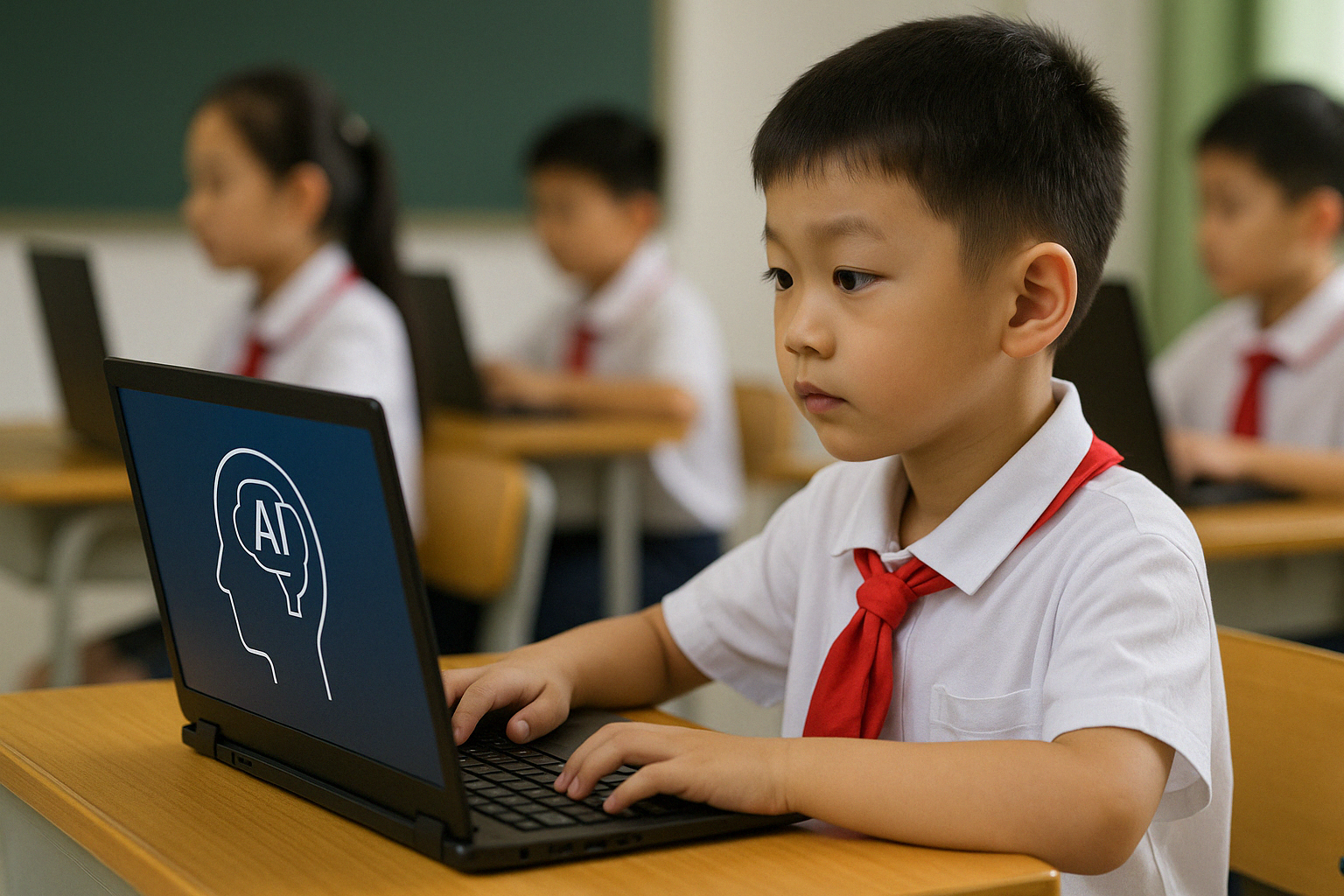As of now, India has not made AI education mandatory for all school students like China has, but steps are being taken gradually to introduce artificial intelligence at the school level.
Contents
Here’s the current situation and what’s likely ahead:
Where India Stands on AI Education in Schools
1. CBSE Introduced AI as a Subject (Voluntary)
- Since 2019, the Central Board of Secondary Education (CBSE) has offered Artificial Intelligence as an optional skill subject from Class 8 onwards.
- It is not mandatory, and schools can choose whether to offer it.
2. NEP 2020 Pushes Coding & AI
- The National Education Policy (NEP) 2020 recommends early exposure to coding, AI, and data science from middle school (Class 6).
- Implementation depends on the state and school board, and is still inconsistent across regions.
3. Private Schools Leading the Way
- Many private schools in urban areas have started AI and coding modules through edtech partnerships (e.g., IBM, Intel, Microsoft).
- Rural schools, however, are lagging due to lack of infrastructure.
4. AI in State Boards?
- Some progressive states like Karnataka, Maharashtra, and Delhi have piloted AI in select government schools.
- No state has made it mandatory for all children like China yet.
China vs. India: What’s the Difference?
| Aspect | China (2025) | India (2025) |
|---|---|---|
| AI Education | Mandatory for all schools from age 6 | Optional and skill-based from Class 8 |
| Curriculum Integration | Nationwide, govt-mandated | Varies by board, school, and state |
| Infrastructure Support | Backed by national AI strategy | Still evolving; big gap between urban/rural |
So, When Will India Make It Mandatory?
There’s no official deadline for mandatory AI education in India yet. However:
- Expected Timeline: Between 2026–2030, once teacher training, infrastructure, and curriculum development mature under NEP 2020.
- Key Challenge: India’s vast diversity in school systems and digital divide will make nationwide rollout slower than China.
Stronger public-private partnerships (e.g., Google, Intel, TCS iON) . Central funding for AI labs in schools. AI curriculum development in regional languages, Pilot projects in Tier 2 & 3 cities proving scalability



